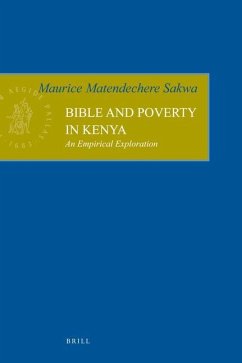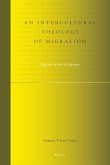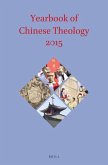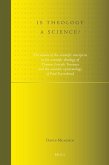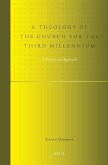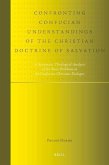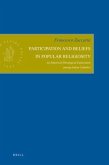Many strategies have been formulated to reduce poverty, the most recent being the need to include the poor as co-agents in the development process. Culture, understood as commonly shared values, then becomes an important element in poverty alleviation. Likewise religion becomes an important element of culture when the values of that religion are considered as widespread in the society. Additionally, political and economic factors are equally important for poverty alleviation. This work is centered on a conceptual model postulating that cultural attitudes influence attitudes towards ends of poverty alleviation directly and indirectly through political and economic attitudes. The study maps out the paths of influence of cultural (religious values), political and economic attitudes on those towards ends of poverty alleviation.
Hinweis: Dieser Artikel kann nur an eine deutsche Lieferadresse ausgeliefert werden.
Hinweis: Dieser Artikel kann nur an eine deutsche Lieferadresse ausgeliefert werden.

